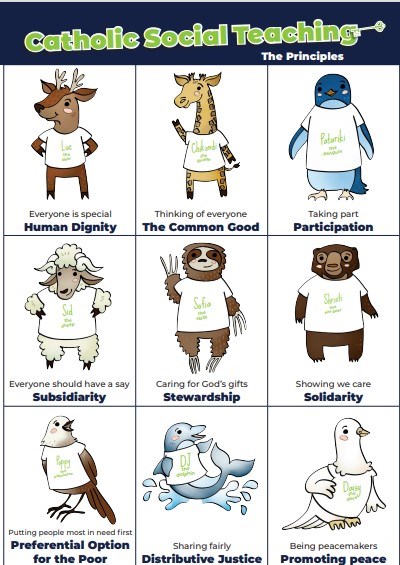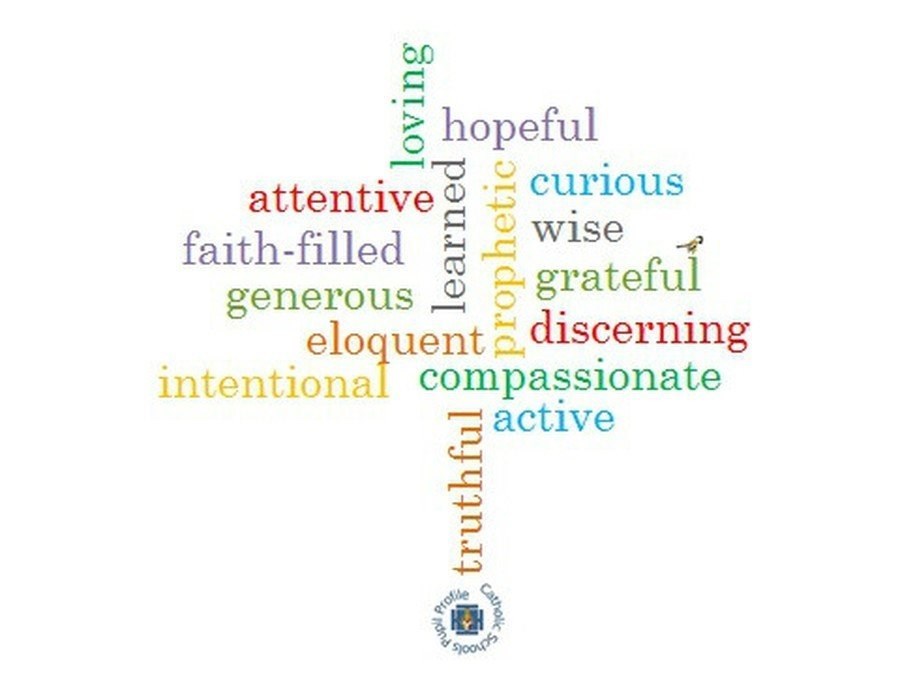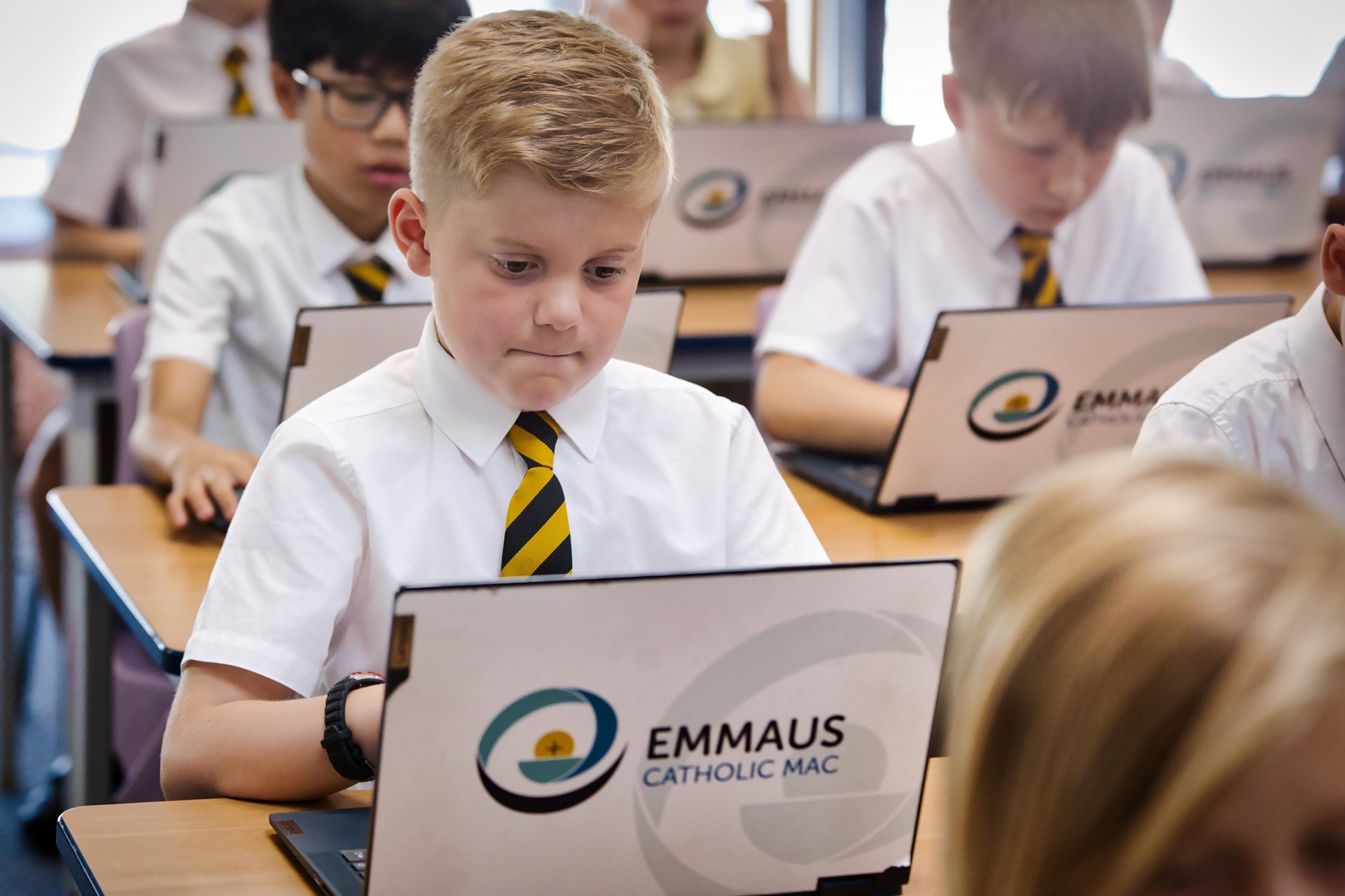
History at St Ambrose: Inspiring Lifelong Historians
At Saint Ambrose, we believe that history comes alive when children explore it with curiosity and wonder. Our aim is for every child to become a confident and enthusiastic historian, someone who asks thoughtful questions, discovers fascinating stories, and understands how the past shapes the world around them.
Intent, Implementation and Impact
Intent
Through the study of history, children will:
Explore the past to gain insight into their community, nation, and the wider world.
Understand change by examining how people, societies, and ideas have evolved over time.
Think critically, weighing evidence and developing their own interpretations of historical events.
We want our pupils to leave Saint Ambrose with both a secure knowledge of key historical concepts and a lifelong love of learning about the past.
At Saint Ambrose, learning history is an adventure.
Our curriculum is carefully structured to allow children to explore each historical period or theme in depth. Lessons are designed to build on prior learning, helping pupils make meaningful connections across time and between topics.
Children experience history through:
Artefacts and primary sources, offering hands-on engagement with the past.
Educational visits and visitors, which bring history to life beyond the classroom.
Guided enquiry and discussion, where every question matters and every idea is valued.
Teachers model historical enquiry skills and provide clear guidance so that all pupils can achieve success. Assessment is used thoughtfully to inform teaching and support progress, with opportunities for self- and peer-assessment helping children reflect on and celebrate their learning.
Our curriculum is sequenced to ensure that knowledge and skills develop progressively year on year, enabling pupils to grow into confident, independent historians.
In the Early Years, children begin to develop their understanding of history through the ‘Understanding the World’ area of learning. They explore past and present events in their own lives and those of their families, helping them build a sense of time and change.
Through daily routines, seasonal observations, and discussions about photographs or personal experiences, children learn to recognise differences between the past and present. Practitioners nurture curiosity by asking open-ended questions such as:
“What do you think?” – “What might happen if…?” – “How could we find out more?”
Language relating to time such as: yesterday, old, past, now, and then is woven into everyday conversation, helping children build the foundations of historical understanding.
The impact of our History curriculum is seen in the enthusiasm, curiosity, and confidence of our pupils.
Children make good progress over time, achieving outcomes in line with or above age-related expectations. By the time they leave Saint Ambrose, pupils are equipped with the knowledge, skills, and passion to continue exploring history with interest and independence.
This impact is evident through:
Pupil voice — children can talk confidently and enthusiastically about their learning.
High-quality work — showing secure understanding and pride in achievement.
Consistent progress — reflecting a well-sequenced and enriching curriculum.
"Remember what happened long ago, for I am God, and there is no other; I am God, and there is none like Me." Isiah 46:9

Curriculum
Catholic Social Teaching

In KS1 and KS2, linking CST to History helps pupils consider how communities have worked together for the common good, how human dignity was respected or denied, and how decisions impacted the vulnerable. For example, studying significant individuals or events can highlight themes of rights, justice, and stewardship, prompting discussions about how these principles apply today. This connection supports spiritual, moral, social, and cultural development while deepening historical understanding.
Human Dignity
Solidarity
The Common Good
Option for the Poor and Vulnerable
Care for Creation
Catholic School Pupil Profile
History helps pupils become curious and wise by exploring the lives, cultures, and events that shaped the world. Through investigating sources and asking questions, children develop critical thinking and discernment, learning to interpret evidence and understand different perspectives. Studying historical figures and movements encourages pupils to be eloquent and truthful, as they communicate their understanding clearly and honestly, and attentive, as they notice details that reveal deeper truths about the past.
Learning about struggles for justice and human dignity in history nurtures compassionate and loving attitudes, inspiring pupils to care for others and work for the common good. Reflecting on faith in historical contexts helps them become faith-filled and hopeful, seeing how belief has guided people through challenges. History also promotes being generous and active, as pupils share ideas and collaborate on projects, and intentional, as they make thoughtful connections between past events and their own lives today.

What our children say about History
“I like looking at old and new things. We found toys that children used to play with long ago!”
“We talk about when I was a baby and how I’ve grown.”
“We look at pictures of our families and see how things have changed.”
“I can talk about things that happened a long time ago and things that happened yesterday.”
“We learned about Florence Nightingale and how she helped people.”
“I like looking at old photos and finding what’s the same and what’s different.”
“I can put events in order on a timeline.”
“We learned about the Great Fire of London and how London changed after it.”
“I like using clues like pictures and objects to find out about the past.”
“We learned about the Ancient Greeks and how their ideas still help us today.”
“I like asking questions like ‘Why did that happen?’ and finding out the answers.”
“We use artefacts and sources to help us think like real historians.”
“I can explain how life changed when the Romans came to Britain.”
“We learned how people lived and what jobs they did in the past.”
“I like finding out how different civilisations were connected.”
“We learned about the Industrial Revolution and how that changed Britain.”
“I can compare how different groups were treated and what life was like for them.”
“I like learning how events in one country affected others, history links us all together.”
“We’ve studied World War II and learned how people showed courage and worked together.”
“I can use different sources to find out what really happened and decide which ones are most reliable.”
“History helps me understand the world today and how we can make fair and just choices for the future.”
Snippets of History lessons
